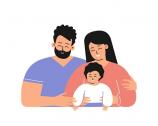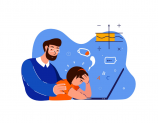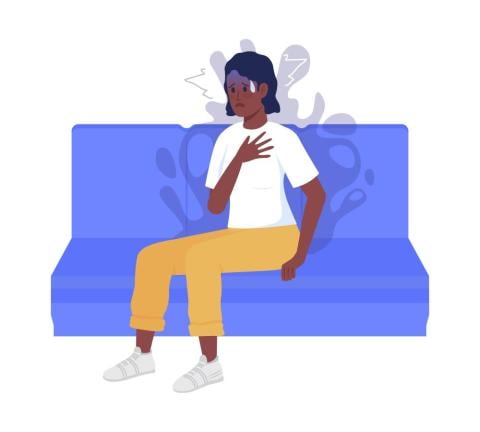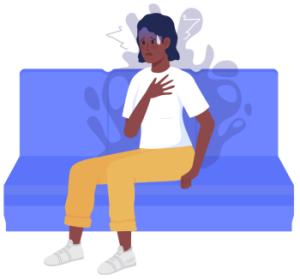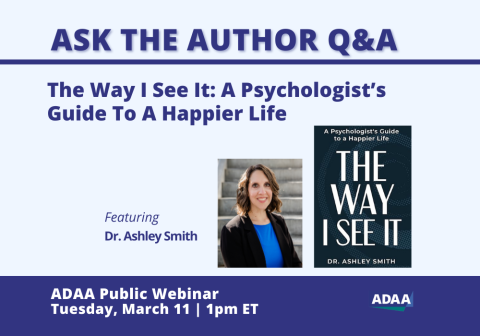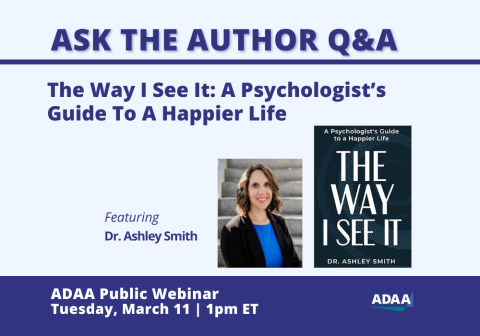What Parents Can Do to Help Young Children and Teens Deal with Stress and Anxiety, and Other Negative Feelings
What Parents Can Do to Help Young Children and Teens Deal with Stress and Anxiety, and Other Negative Feelings
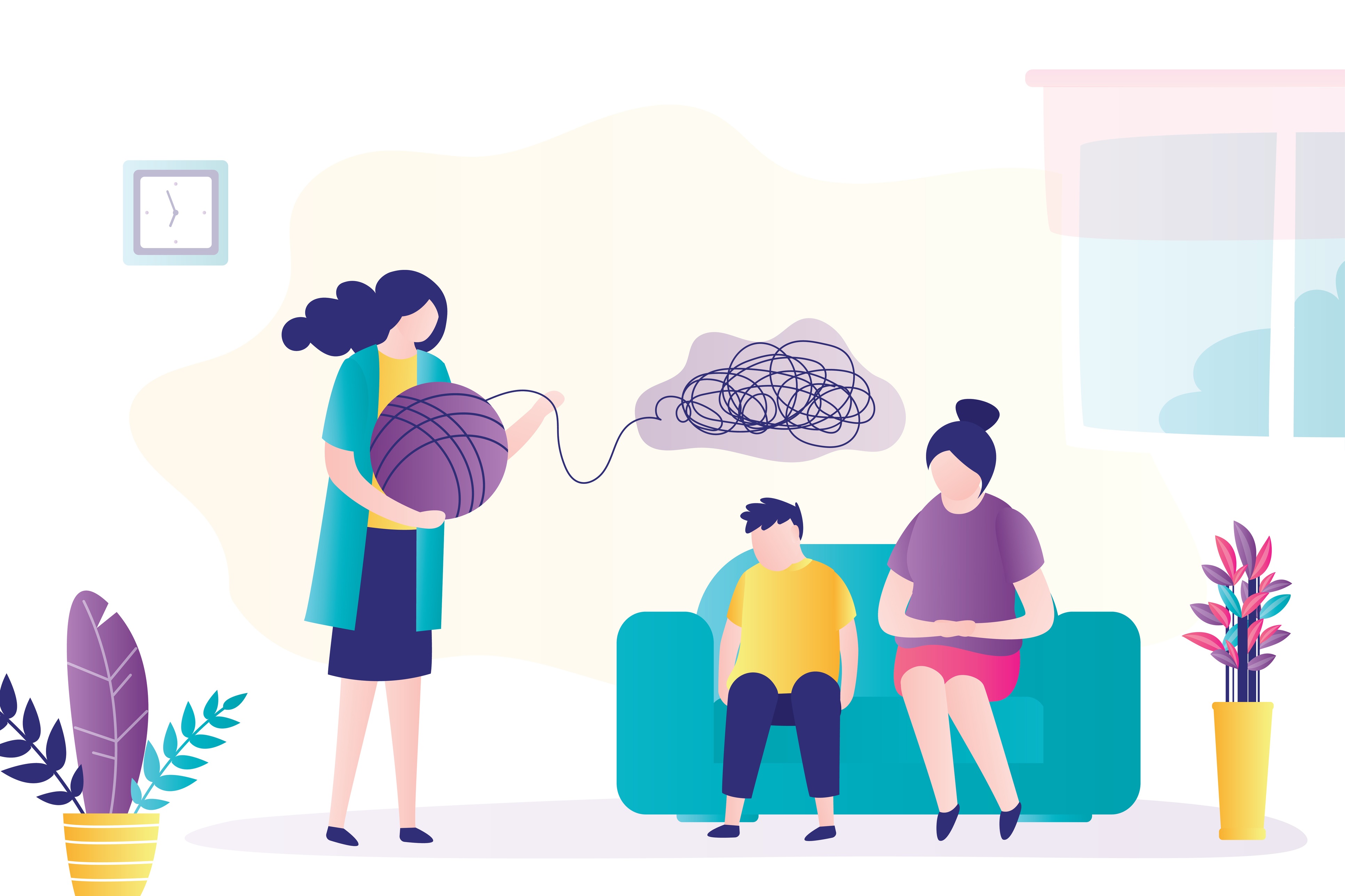
Feelings of stress and anxiety are a normal fact of life for both adults and children. This reality, while unpleasant, is best dealt with by learning how to cope with stress and anxiety rather than denying or catastrophizing its existence. Since there is no way to avoid these feelings, parents need to demonstrate positive coping skills themselves and guide their children to use these skills when they are feeling stressed or anxious. If parents attempt to “protect “children from ever feeling anxious or stressed, they will rob them of the opportunity to learn how to cope with feelings that are unavoidable and that they will surely encounter at some point in their lives. This approach may lead to increased anxiety as well as other problems such as over-medication.
What can parents do to help their children deal with these negative emotions?
1. To begin with, parents need to teach their children that it is necessary to experience these negative feelings since they are a normal part of life. This is a crucial, first step for parents. Parents need to understand that all humans, including their children, will experience some negative emotions such as stress, fear and anxiety as well as anger, sadness, and grief. A parent can say “Sometimes I feel that way too”, so the young person doesn’t feel alone with their feelings. At times, a parent can say “Sometimes my negative emotions have helped me to learn something that I could have done differently.” That type of statement may help the child think about things they might have handled differently as well. Learning to fully experience all our emotions – including our negative emotions is an important lesson in life.
2. Understanding what coping skills are is a crucial, second step for parents who want their children to learn how to cope with emotions. Children then need to learn healthy coping skills that can help to regulate their behavior and help reduce stress and anxiety, as well as other negative emotions. They need to learn to use those skills when negative emotions become excessive. One of the most important coping skills is learning to accept things that are out of their control. Acceptance of this type is not helplessness; it merely focuses them away from things they can do nothing about and onto things they can do something about. They can learn to take charge of and be responsible for their own choices about what they do and also how they think about a situation. Another common coping skill is learning to stay with and face irrational fears rather than running away from them. Often this can be done in a step-by-step manner so it is not so overwhelming. Parents need to encourage their children and then show appreciation when their children face their fears. Another of these common coping skills is learning to think about the situation and themselves in a more healthy and realistic manner. Negative, catastrophic thinking can make any emotional problem much worse and choosing to think about it in a healthy and realistic manner can make any problem better. Another of the common coping skills is learning to calm and relax the body when there is no need for immediate action. Use of coping skills like these can really help over time.
3. How do parents influence their children to learn and use these types of skills? Probably the most important teaching method is by demonstrating use of these coping skills. Often, parents need to be more honest with their children about their own emotional issues and their use of coping skills. Children who understand that their parent also experiences negative emotions and that their parent often successfully deals with those emotions are likely to want to learn to do the same. At times, parents can also use teachable moments to describe to their children how coping skills can be used. Parents need to use age-appropriate language and avoid lecturing and instead choose a time and place when the child or teen is receptive to receiving this information. It is important to remember that coping skills will not completely eliminate the negative emotion. Sometimes the child will need to endure it for a while. Of course, this is also true for adults. It is also important for the parent to not try and talk about coping skills incessantly. With most children this would be counter-productive. So, becoming a positive influence on children’s use of coping skills is the third crucial step for parents
At times, there are children whose emotional distress is so severe that it interferes with their normal functioning. These children will likely need treatment by a mental health professional. These children need coping skills even more. Parents who want more information about coping skills can find self-help books that teach these skills and can share them with their children and teens. There are many self-help books that are listed in the ADAA website that focus on teaching these types of coping skills.
Read Dr. Cowart's book: The ABCS of Coping with Anxiety and Stress.

